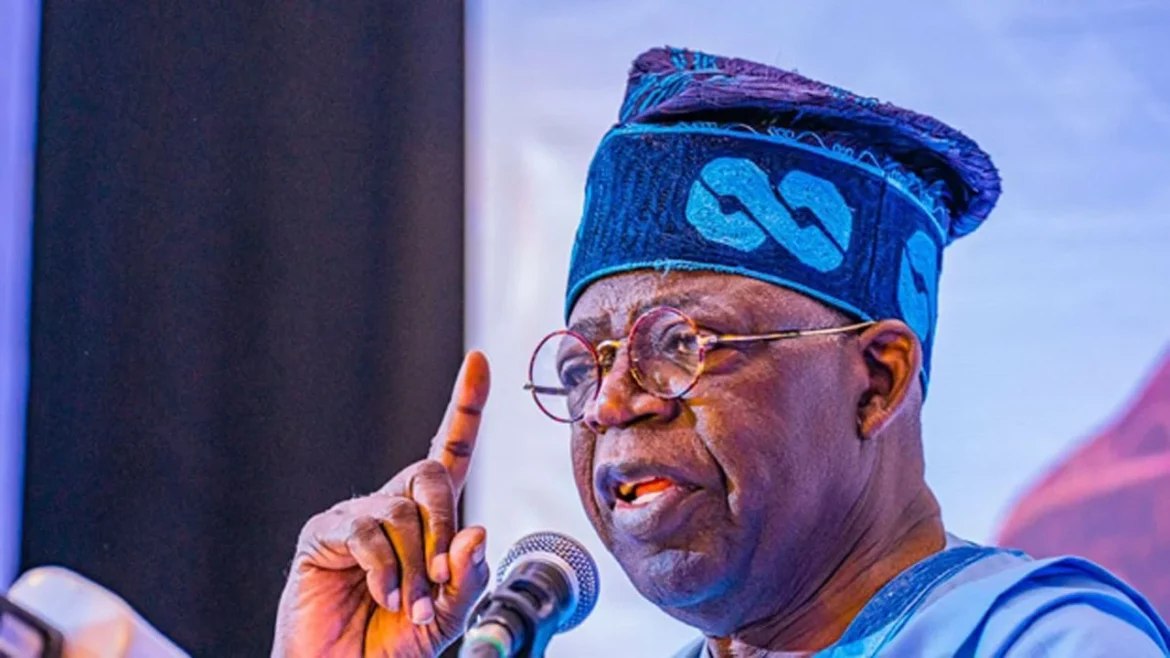In a significant policy announcement, President Bola Ahmed Tinubu has expressed his commitment to implementing a higher minimum wage than the proposed N60,000, according to the Secretary to the Government of the Federation (SGF), Boss Mustapha. This move is part of the administration’s broader strategy to improve the standard of living for Nigerian workers and address the nation’s economic challenges.
Speaking at a press conference in Abuja, Mustapha emphasized the government’s dedication to ensuring that the wages of Nigerian workers reflect the rising cost of living and economic realities. “President Tinubu is resolute in his commitment to enhancing the welfare of Nigerian workers,” Mustapha stated. “We recognize that N60,000 is a starting point, but the President is determined to go beyond this figure to ensure a more substantial and impactful wage increase.”
This announcement comes amid growing pressures from labour unions and civil society organizations advocating for a substantial raise in the minimum wage. The current minimum wage of N30,000, set in 2019, has been criticized as insufficient given the inflationary pressures and economic downturns experienced in recent years.
“We welcome the President’s commitment,” said Ayuba Wabba, President of the Nigeria Labour Congress (NLC). “A higher minimum wage is crucial for alleviating poverty and improving the quality of life for millions of Nigerian workers. We look forward to engaging with the government to finalize a figure that meets the needs of our members.”
The government’s commitment to a higher minimum wage is also seen as a strategic effort to stimulate economic growth by increasing consumer spending power. Economists argue that higher wages could lead to increased demand for goods and services, thereby boosting local businesses and industries. “Raising the minimum wage can have a positive multiplier effect on the economy,” said Dr. Bismarck Rewane, a prominent economist. “It not only improves the livelihoods of workers but also drives economic activity and growth.”
However, the plan to increase the minimum wage faces potential challenges, including resistance from some business sectors concerned about the impact on their operational costs. Small and medium-sized enterprises (SMEs), in particular, have voiced concerns about the feasibility of affording higher wages without significant support from the government.
In response, Mustapha assured that the government is considering measures to support businesses during the transition to a higher minimum wage. “We are aware of the concerns of the business community, especially SMEs. The government is committed to providing the necessary support to ensure that the wage increase does not adversely affect business operations,” he added.
The announcement has been met with cautious optimism from various stakeholders who view it as a step in the right direction towards improving the socio-economic conditions of Nigerian workers. As negotiations continue, the focus will be on finding a balanced approach that benefits both employees and employers, fostering a more equitable and prosperous economy.
President Tinubu’s commitment to a higher minimum wage underscores his administration’s focus on labour reforms and economic development. The forthcoming discussions and eventual implementation of the new wage policy will be pivotal in shaping Nigeria’s economic landscape and addressing the needs of its workforce.
